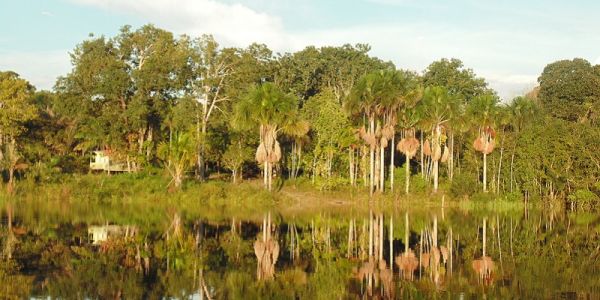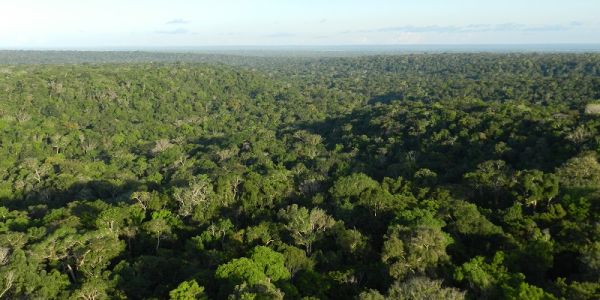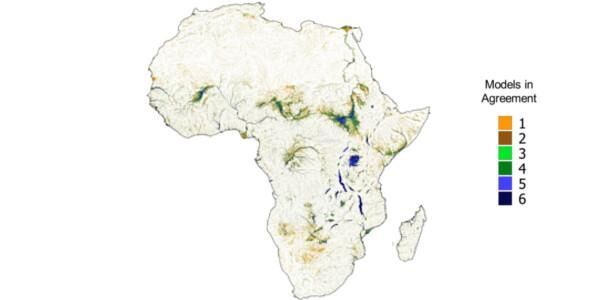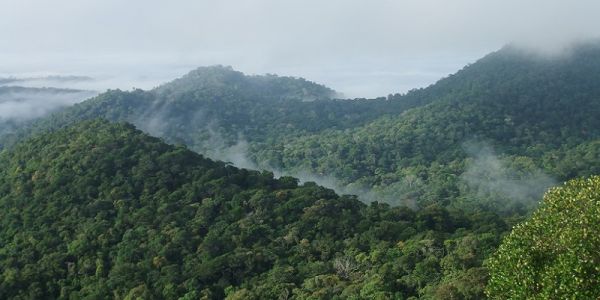
New partnership with Pearson to launch online MBA
The University of Leeds has today announced a new partnership with Pearson.

The University of Leeds has today announced a new partnership with Pearson.

Urgent action to reduce sea temperatures is needed, as 2015-2016 saw record highs that triggered significant coral bleaching across the tropics and the Australian Great Barrier Reef.

New research reveals that 85 tree species domesticated by pre-Colombian peoples remain common in forests close to ancient settlements.

Carbon emissions across all nine Amazon nations have been fully matched by carbon absorption by mature Amazon forests since the 1980s, new research shows.

A composer working with sounds below the limits of human hearing has been announced as the winner of the inaugural £15,000 DARE Art Prize by Opera North and the University's Cultural Institute.

New research based on Precambrian rocks provides insight into how life evolved alongside changes in the chemistry of Earth’s surface.

A new spin-out company, Dietary Assessment Ltd, has formed to help track and analyse dietary intake.

The first ever comparison of six of the major global flood risk monitoring computer models has revealed wide discrepancies between the information they provide.

The global food system needs to be made more equitable and sustainable, according to a University expert who is lobbying senior politicians and business figures this week.

A focus on policies to conserve tropical forests for their carbon storage value may imperil some of the world’s most biologically rich tropical forests.